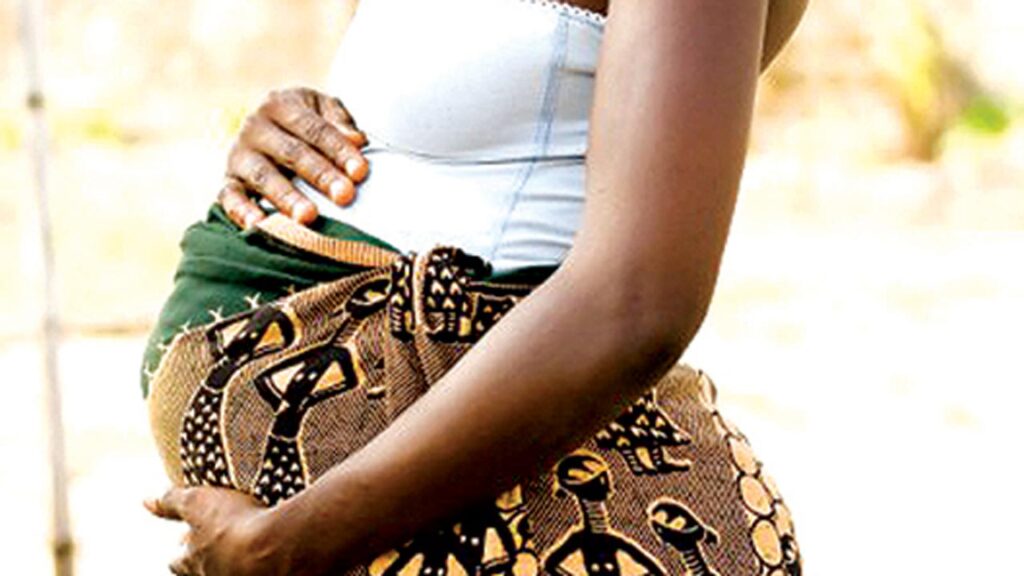Nigeria announced Thursday a groundbreaking initiative to provide free emergency Caesarean sections for “poor and vulnerable” women, addressing one of the primary factors behind the nation’s staggering maternal mortality rate of 1,047 deaths per 100,000 live births — the fourth highest globally.

“No woman should lose her life simply because she can’t afford a C-section,” Health Minister Muhammad Pate said while unveiling the Maternal Mortality Reduction Innovation Initiative. The program will cover emergency procedures in public hospitals for women registered under the country’s public health insurance scheme.
The initiative aims to eliminate financial barriers in a country where Caesarean sections typically cost around 60,000 naira ($36; £28), an insurmountable sum for many in a nation where over 40% of the population lives below the international extreme poverty line of $2.15 per day, according to 2023 data from Nigeria’s National Bureau of Statistics.
Tashikalmah Hallah, a communication adviser to the health minister, told the BBC that social welfare units in public hospitals will determine eligibility based on financial need. The program specifically targets emergency situations where Caesareans are essential for preventing obstructed labor, addressing complications from small pelvises, breech positions, or oversized babies.
World Bank representative Trina Haque called the initiative a “game-changer,” while WHO country representative Kazadi Mulombo pledged support, stating, “If implemented right, this initiative will deliver. We’re here to support every step of the way.”
Healthcare advocates have welcomed the program while calling for its expansion. “This will improve maternal and child health outcomes in the country, especially for women from low-income communities who might resort to alternative and often unsafe care options,” said Rhoda Robinson, executive director of HACEY, a healthcare access advocacy group.
Mabel Onwuemena, national coordinator of the Women of Purpose Foundation, urged the government to extend coverage to include free drugs and ultrasound services for pregnant women.
Maternal deaths in Nigeria result from various complications including severe hemorrhage, high blood pressure conditions, unsafe abortions, and obstructed or prolonged labor — many of which can be prevented with proper medical intervention.



